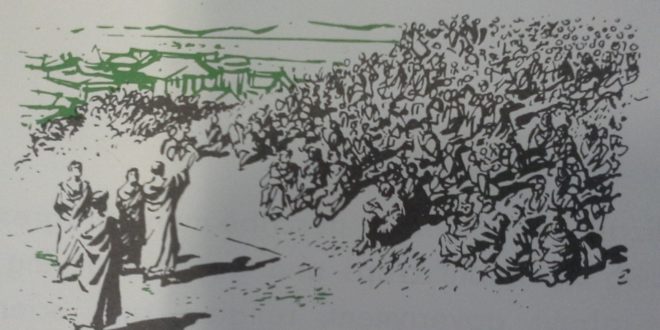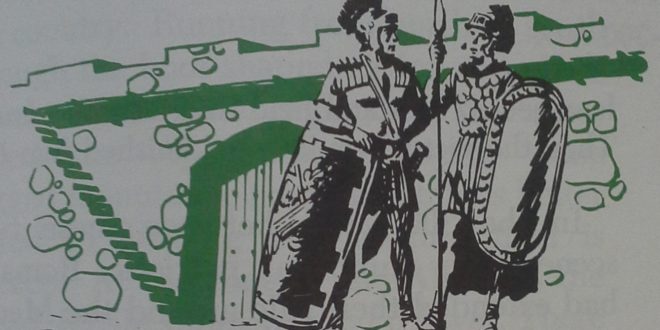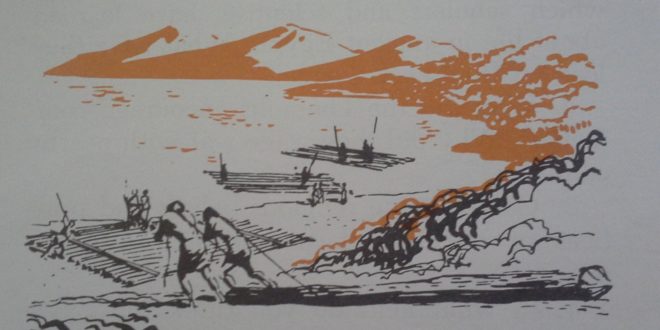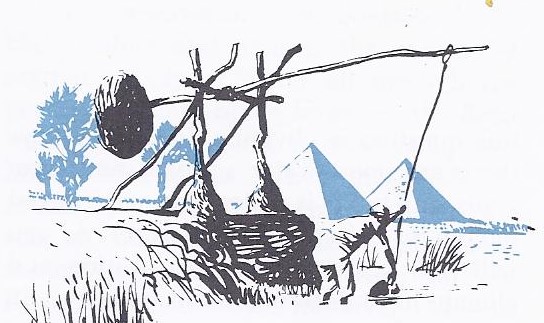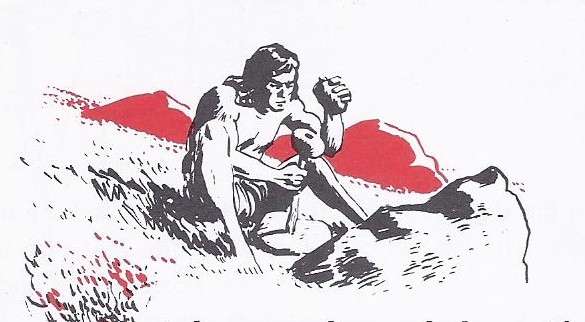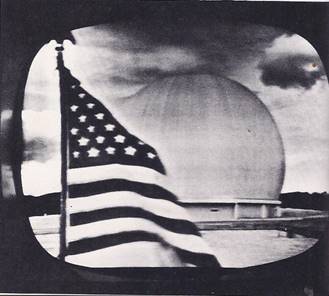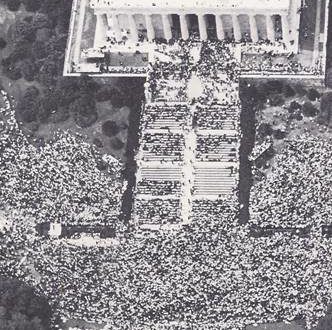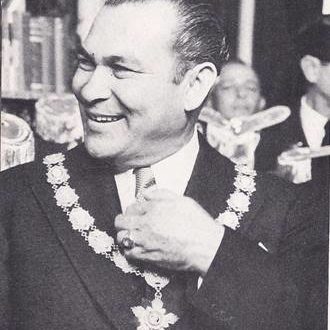Today we speak the words, “I am a World citizen,” with pride. To the people of the ancient world the statement, “I am a Roman citizen,” was a badge of high honour. Beginning as a small city state in Italy, Rome grew into a vigorous republic and finally into an empire so mighty that it included the whole of the Mediterranean world. Even after Rome’s grandeur had waned, its influence lived on among later peoples. Rome’s history is a reminder that the destiny of a nation rests more on the wisdom of its leaders and the character of its people than it does on military might and economic strength. Consider for a moment the two following scenes from Roman history. (1) The year is 216 B.C. It is a sad day in Rome. Word has just been brought of a great disaster. A Carthaginian general named Hannibal has invaded Italy and has just wiped out the Roman army that faced him. Rome’s allies are wavering in their loyalty. Some have already gone over to the enemy. An immediate attack on Rome is expected. Yet, the Senate (Rome’s council of state) refuses to give up hope and calls upon the citizens for fresh troops and supplies. It puts the city in a state of siege, or on the alert for final defense against destruction. It refuses to pay a ransom for Romans taken prisoners by the Carthaginians. When the Roman general who lost the battle returns with a handful of soldiers, he is not criticized. Instead, the Senate praises him for not giving up hope of saving the state. The confidence of the Senate was justified. Fifteen years later, it was Carthage and not Home that was conquered. In this crisis you see the Romans showing qualities which made them great: courage …
Read More »